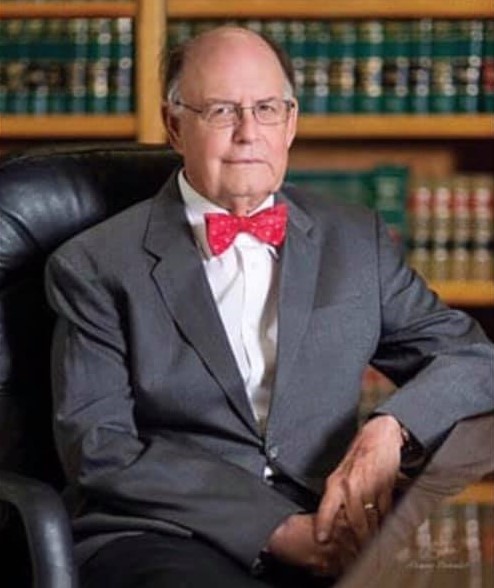About Casakids

Last year in Chaves County alone there were over 1400 referrals of child abuse to social services and several hundred temporary restraining orders filed in cases of domestic violence where children were involved. During this same period hundreds of kids were referred to the Department of Juvenile Probation and Parole, 90 percent of whom are believed to come from homes where some form of abuse or parental neglect prevailed. In a county where the number of people living at or below the poverty line is nearly double the national average and where almost half of those affected are under eighteen years of age, these are dire statistics indeed.
For Casakids Staff and Board of Directors,
Click Here.
Chaves County CASA History

No one was more keenly aware of this tendency than Judge Alvin F. Jones, a visionary jurist and spirited innovator, who in 1987 established the first CASA program in Chaves County. Under his pioneering leadership Chaves County CASA quickly became a model initiative, expanding its court advocacy to include cutting-edge programs and services which speak to the most urgent needs of kids at risk. Every year volunteers from across our county answer the Judge’s call to action on behalf of these most vulnerable kids when they register and train to become Court Appointed Special Advocates or CASAs. They are then appointed officers of the Children’s Court of the Fifth Judicial District and entrusted with making recommendations in the best interest of children whose lives have been impacted by legal disputes.

Why CASA Exists

Abused or neglected children who find themselves suddenly entangled in legal disputes or referred to the child welfare system are often no more able to speak up for themselves or access available resources than to protect themselves from abuse in their own homes. The social workers and attorneys appointed to these cases struggle to keep pace with overwhelming caseloads and therefore can rarely give these kids the attention they need. For a child, the disorientation and loneliness that follows being thrust into the strange new world of the courts can be extreme, exacerbating already wounded emotions and heightening fears. Without friend or ally a child may succumb to feelings of abandonment and a deepening sense of isolation from the world around him. This is frequently where anti-social attitudes and behaviors first take rise and so the cycle of violence and crime is perpetuated from generation to generation.
What CASA Does

Among their many duties CASAs gather information about children and the cases in which they are involved, becoming intimately acquainted with the relevant facts and interviewing all of the parties concerned. They monitor compliance with court orders, maintain records, formulate objective recommendations and prepare written reports at the court’s request. But above all CASAs are there to help children survive—domestic violence, psychological abuse, sexual molestation and parental neglect—as friends and defenders who take their hands and walk them through the often protracted legal ordeals that follow. CASA has also developed a continuum of innovative programs that serve our community’s vulnerable children’s and families.
CASA History

In 1976 Seattle Superior Court Judge David Soukup began to suspect that the children in legal disputes over which he presided were not being adequately represented. Unlike their parents and the government agencies involved, the kids had no voice in court. In cases of abuse and neglect or in bitter custody battles the real story often seemed to go untold or was drowned in the exchange of allegations. This kept the judge up nights wondering if he had made the right decisions.
Increasingly consumed by what he saw as the lack of sufficient information about children in these cases, Soukup put out a call for volunteers. He would enlist a few concerned citizens to be his eyes and ears, to advocate for kids who might otherwise fall through cracks in the overburdened legal system and make objective recommendations on their behalf. Word of the new initiative spread rapidly to other jurisdictions in other states as judges across the country began appointing citizen advocates to ensure the voices of children would be heard. In 1990 the United States Congress passed the Victims of Child Abuse Act which recognized the critical importance of child advocacy and encouraged the expansion of CASA programs.
Today CASA (Court Appointed Special Advocates) has grown into a network of more than 59,000 volunteers serving 954 program offices nationwide. Since its inception, volunteers have stood with and contended for well over two million kids, making CASA one of the most successful children’s programs in history. Each year state and local CASA organizations represent nearly a quarter of a million children who are caught up in the legal system.
